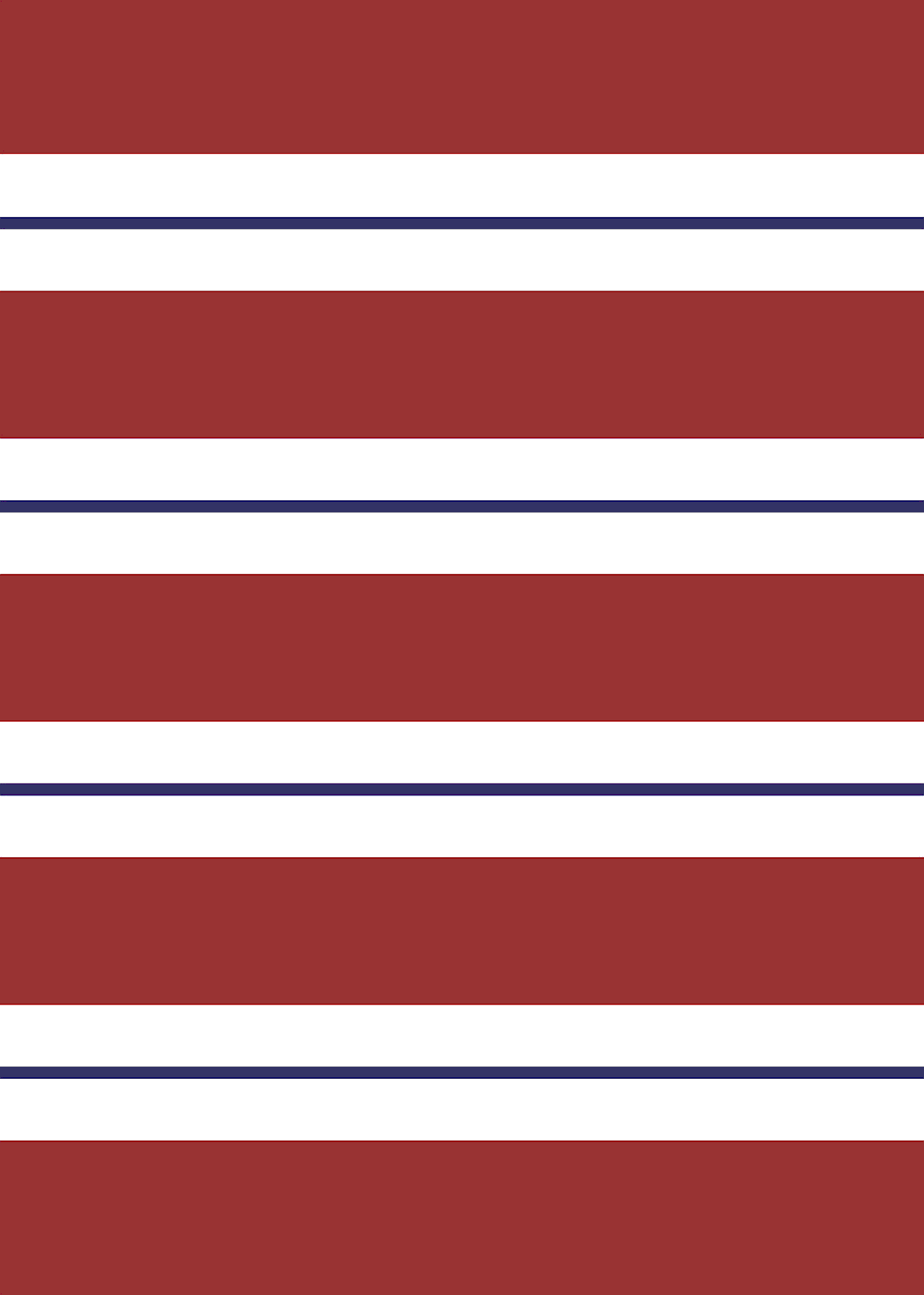
Fine Art Print mounted on Dibond
38 x 27 cm (14.6 x 10.6 inches)
Series of 14 unique pieces
950 Euro
Includes 13% VAT. Please contact us for shipping options, and for pricing in other currencies.

Fine Art Print mounted on Dibond
38 x 27 cm (14.6 x 10.6 inches)
Series of 14 unique pieces
950 Euro
Includes 13% VAT. Please contact us for shipping options, and for pricing in other currencies.
No Stars, But Stripes is an ironic comment on the United States of America – a nation whose society is divided about its political leadership – drawing on Dahlgren's archive of about 2.000 striped T-Shirts.
It was the Continental Navy which had raised the colors of the flag as the ensign of a fledgling nation in the American War for Independence. On June 14, 1777, the Second Continental Congress passed the Flag Resolution which stated “that the flag of the thirteen United States be thirteen stripes, alternate red and white; that the union be thirteen stars, white in a blue field.”
Betsy Ross, a Quaker and a trained upholsterer, who was tasked to sew flags for the Pennsylvania navy during the American Revolution, is widely credited with making the very first American flag. Despite the resolution from 1777, the early years of American independence featured many different flags, as the Flag Resolution had not specified any particular arrangement of its elements, such as the placement for the stars, or whether the flag had to have seven red stripes and six white ones, or vice versa.
Until its current design, the flag has been modified officially 26 times. Over time, the American flag has been vested with high symbolic power to unite the maturing nation under a defined set of beliefs and values. Reportedly, White stood for purity and innocence, Red represented valor and hardiness, and Blue served as a synonym for vigilance, perseverance, and justice.
With No Stars, But Stripes Jacob Dahlgren proposes alternative formal expressions of the American Flag, as if the national symbol had to be re-invented and stitched up again by Betsy Ross. The series of 14 unique pieces has been preceded by a digital performance on Jacob Dahlgren’s Instagram feed from 9 until 22 April, 2018, for which the artist wore a different T-Shirt every day.
Each shirt made varied use of the colors Red, White, and Blue, the design elements of the American flag. In the tradition of Dahlgren's search for minimalist form and his notorious obsession with stripes naturally none of the T-Shirt designs included any stars, but only stripes.
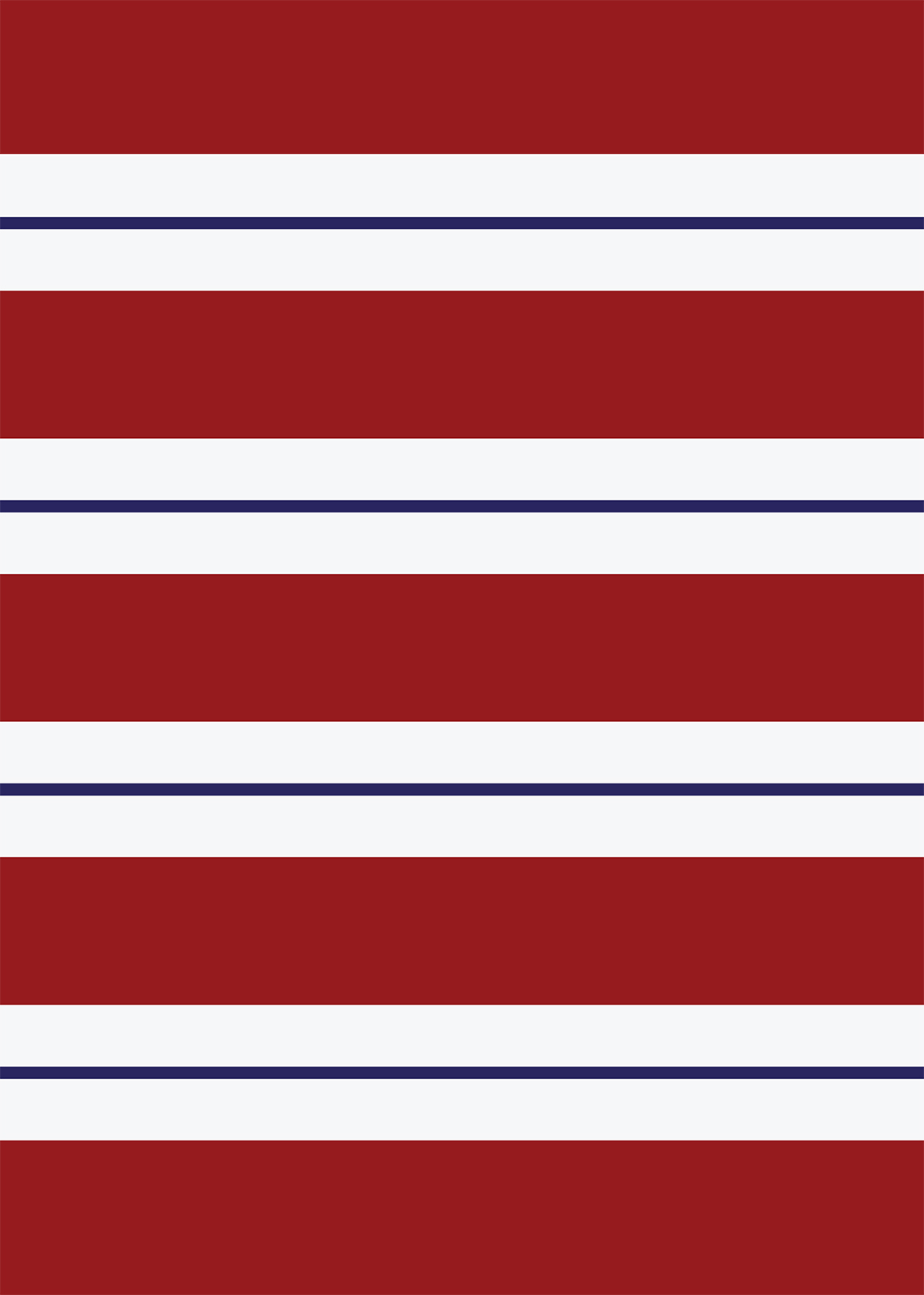
No Stars, But Stripes (Day #1), 2018 – Monday 09-04-2018
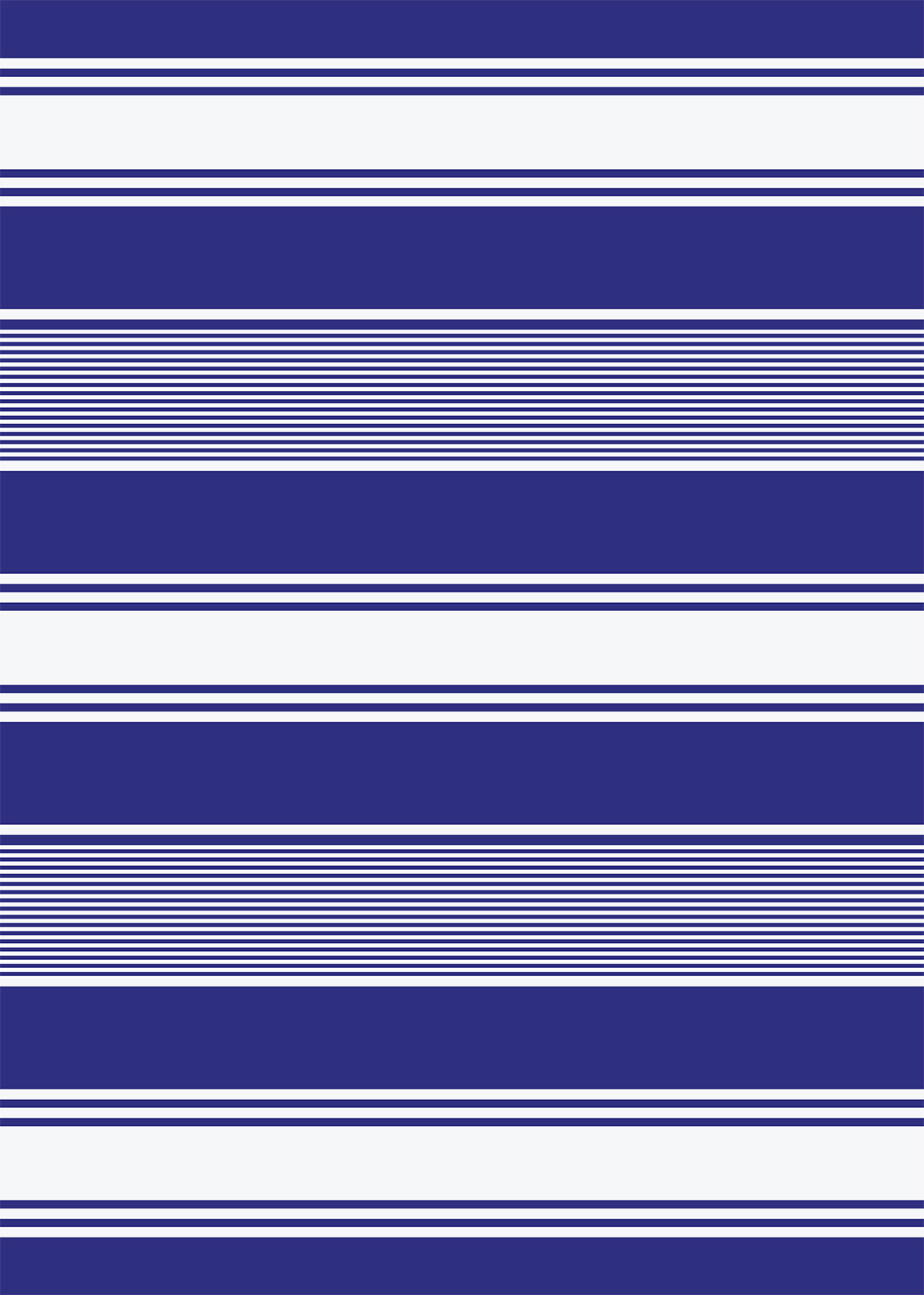
No Stars, But Stripes (Day #2), 2018 – Tuesday 10-04-2018
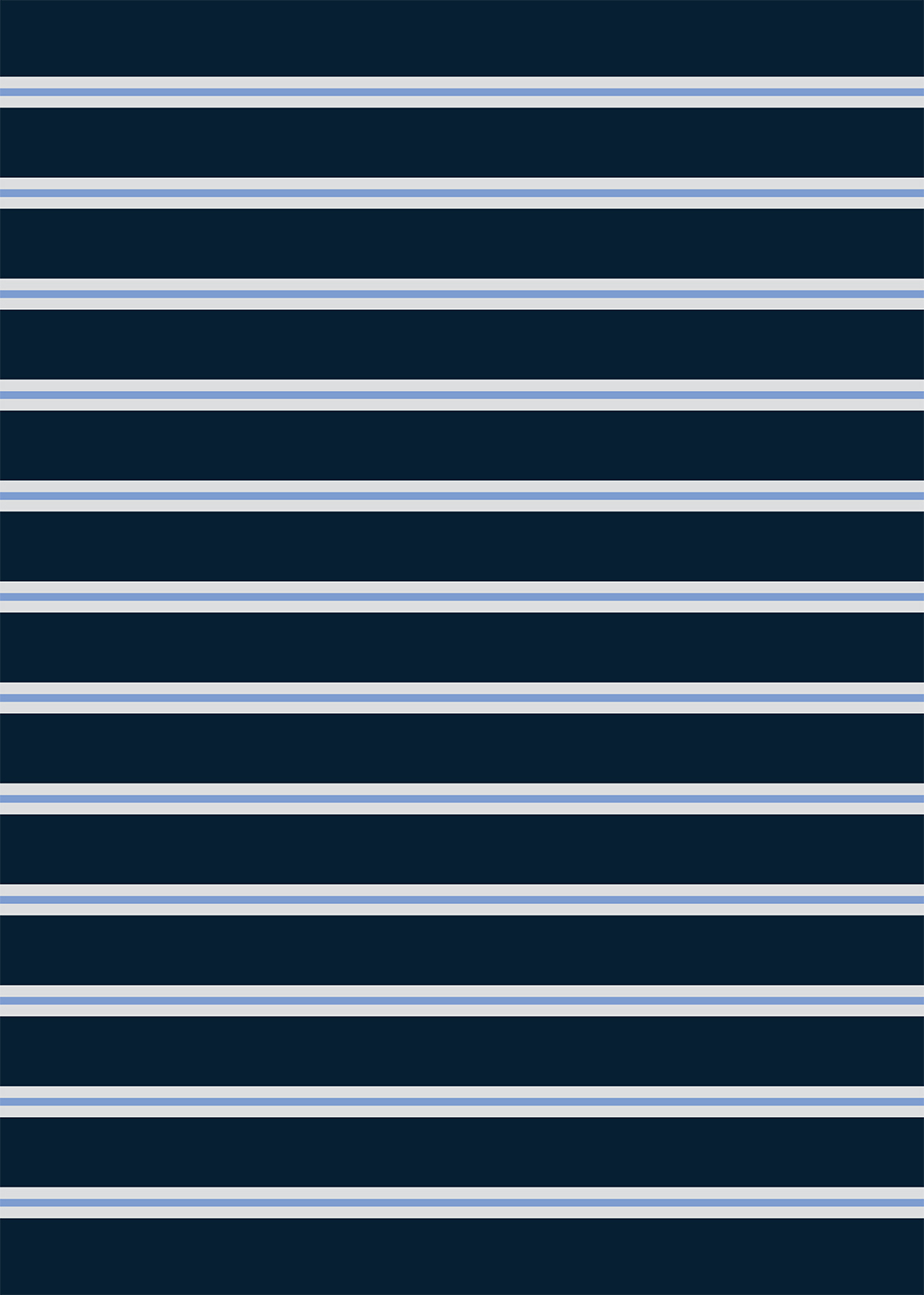
No Stars, But Stripes (Day #3), 2018 – Wednesday 11-04-2018
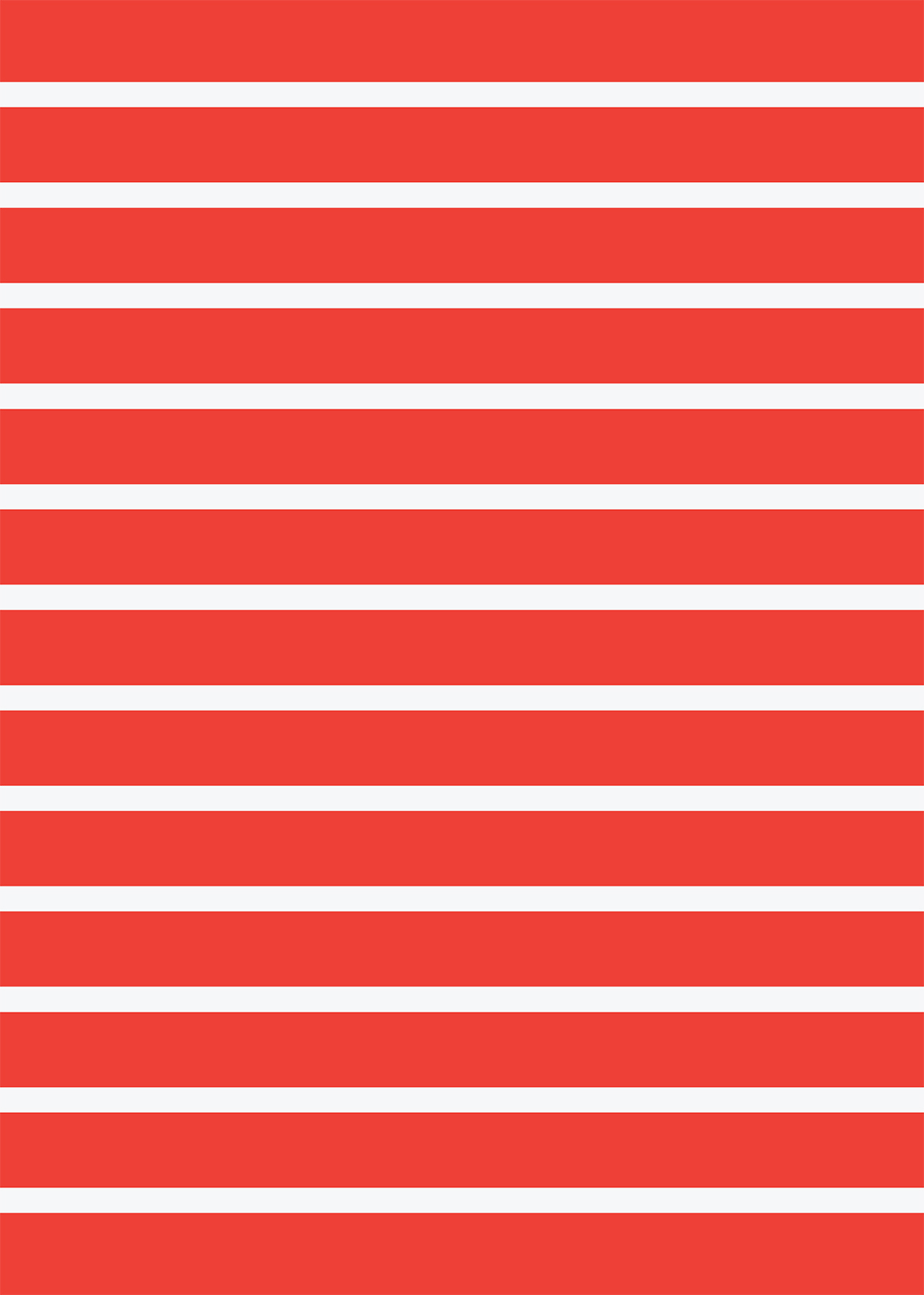
No Stars, But Stripes (Day #4), 2018 – Thursday 12-04-2018
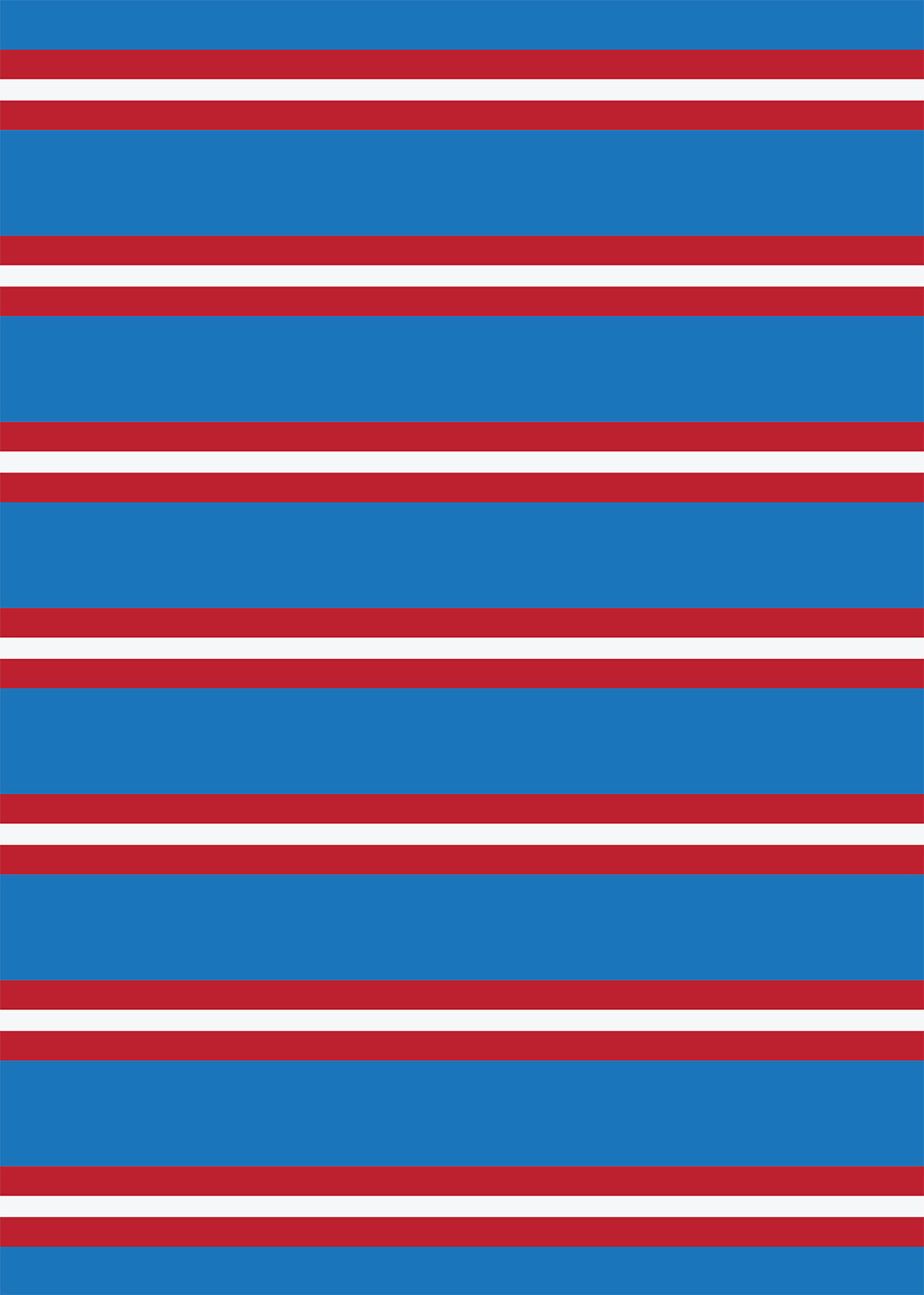
No Stars, But Stripes (Day #5), 2018 – Friday 13-04-2018
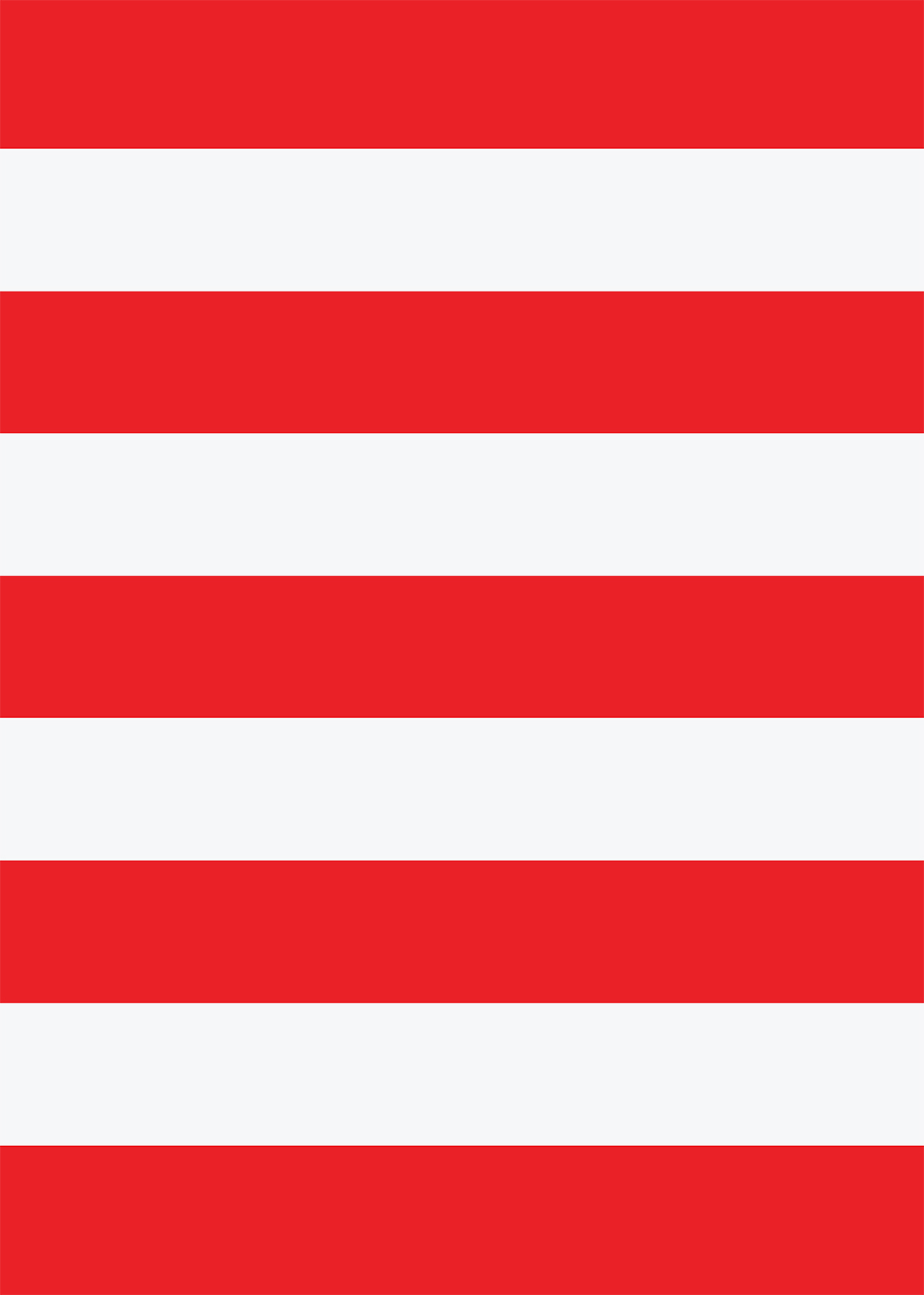
No Stars, But Stripes (Day #6), 2018 – Saturday 14-04-2018
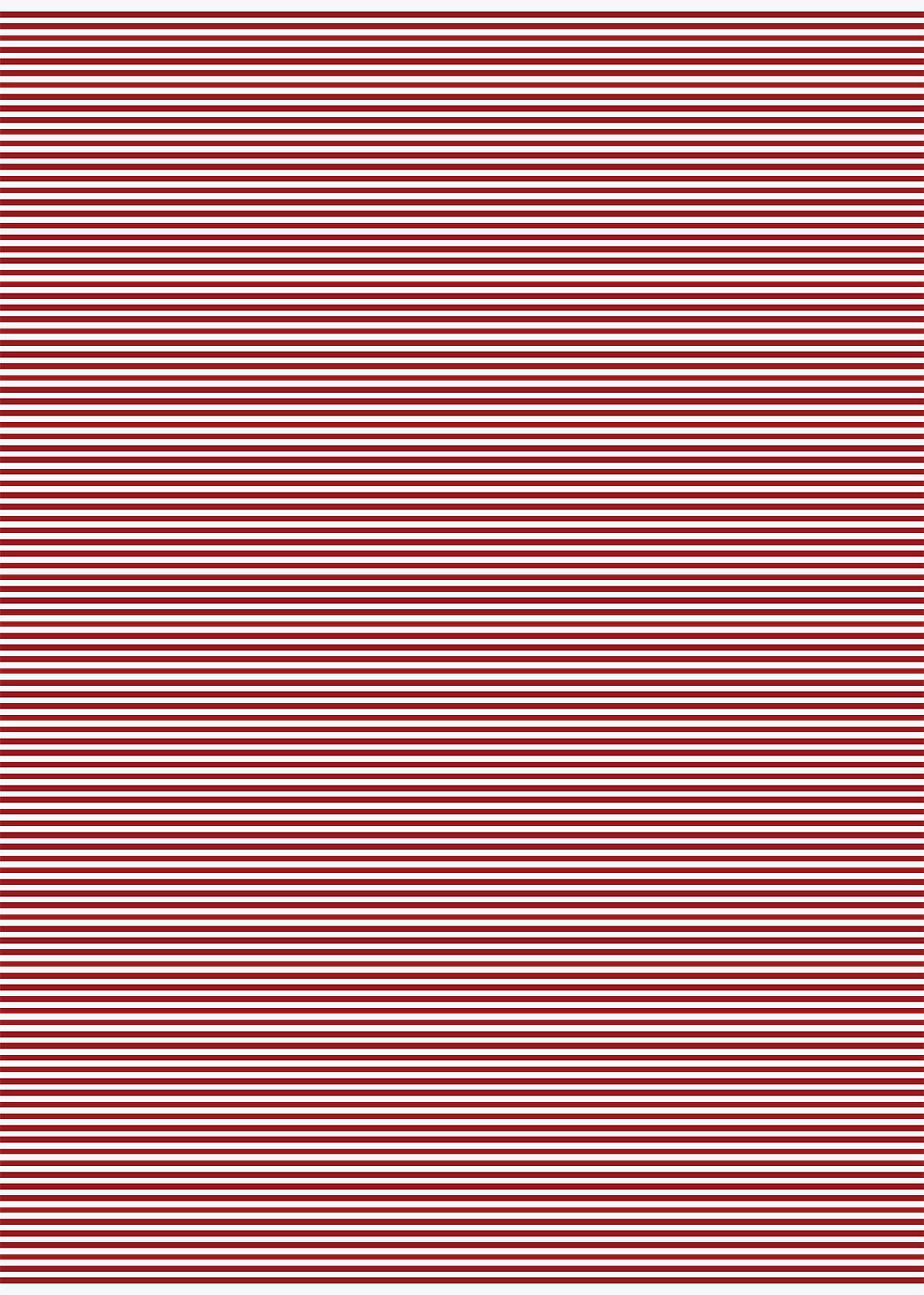
No Stars, But Stripes (Day #7), 2018 – Sunday 15-04-2018
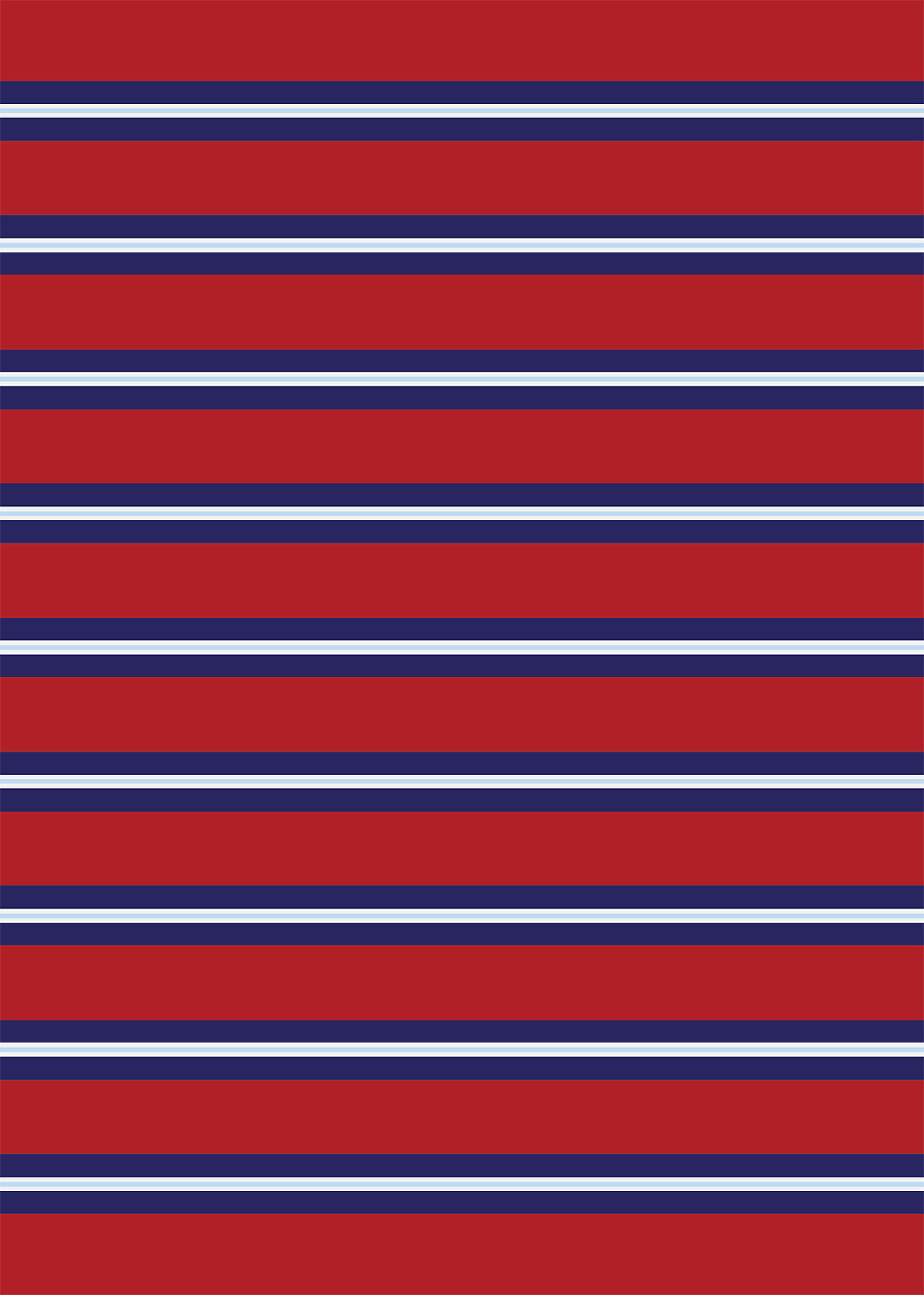
No Stars, But Stripes (Day #8), 2018 – Monday 16-04-2018

No Stars, But Stripes (Day #9), 2018 – Tuesday 17-04-2018
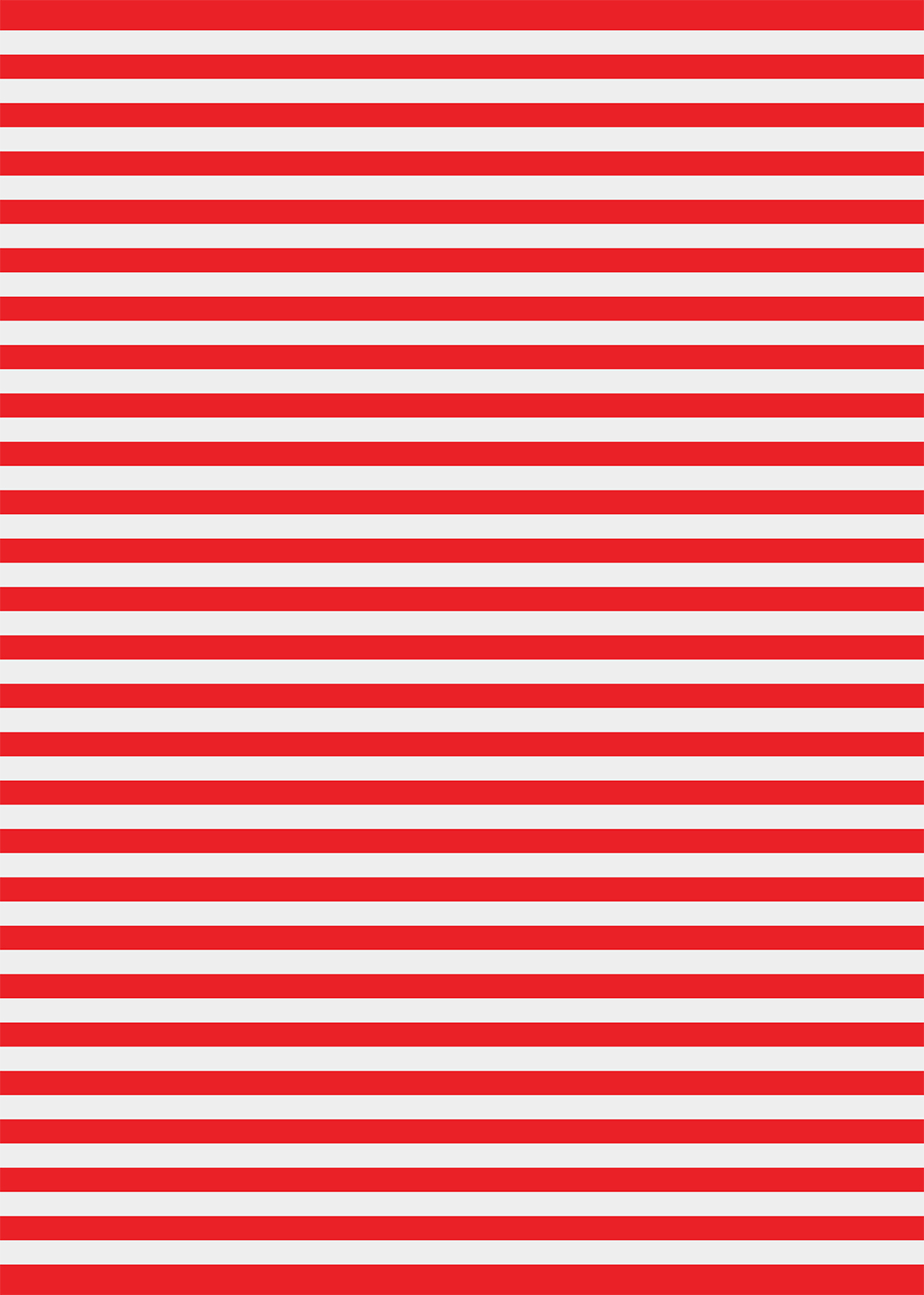
No Stars, But Stripes (Day #10), 2018 – Wednesday 18-04-2018
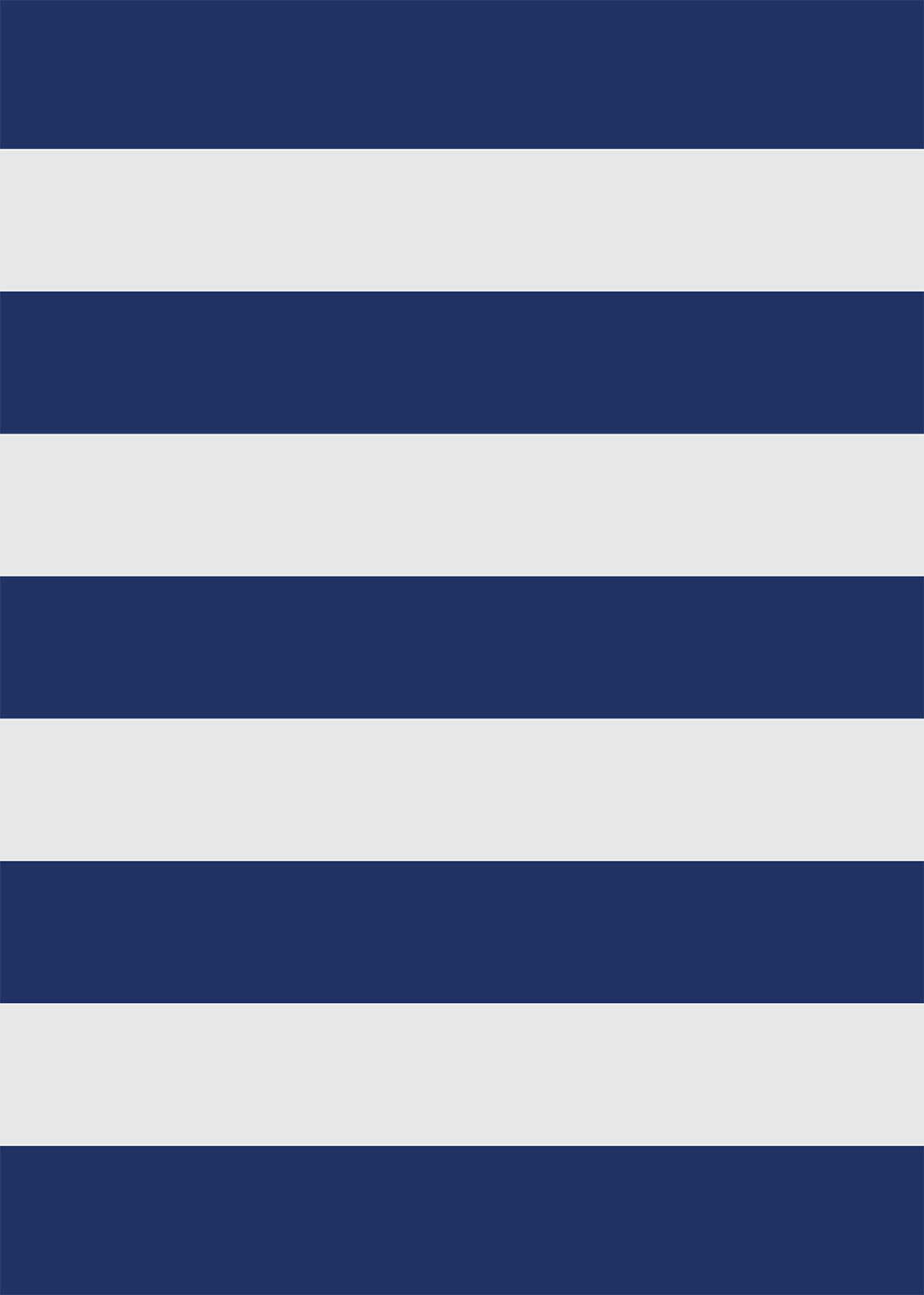
No Stars, But Stripes (Day #11), 2018 – Thursday 19-04-2018
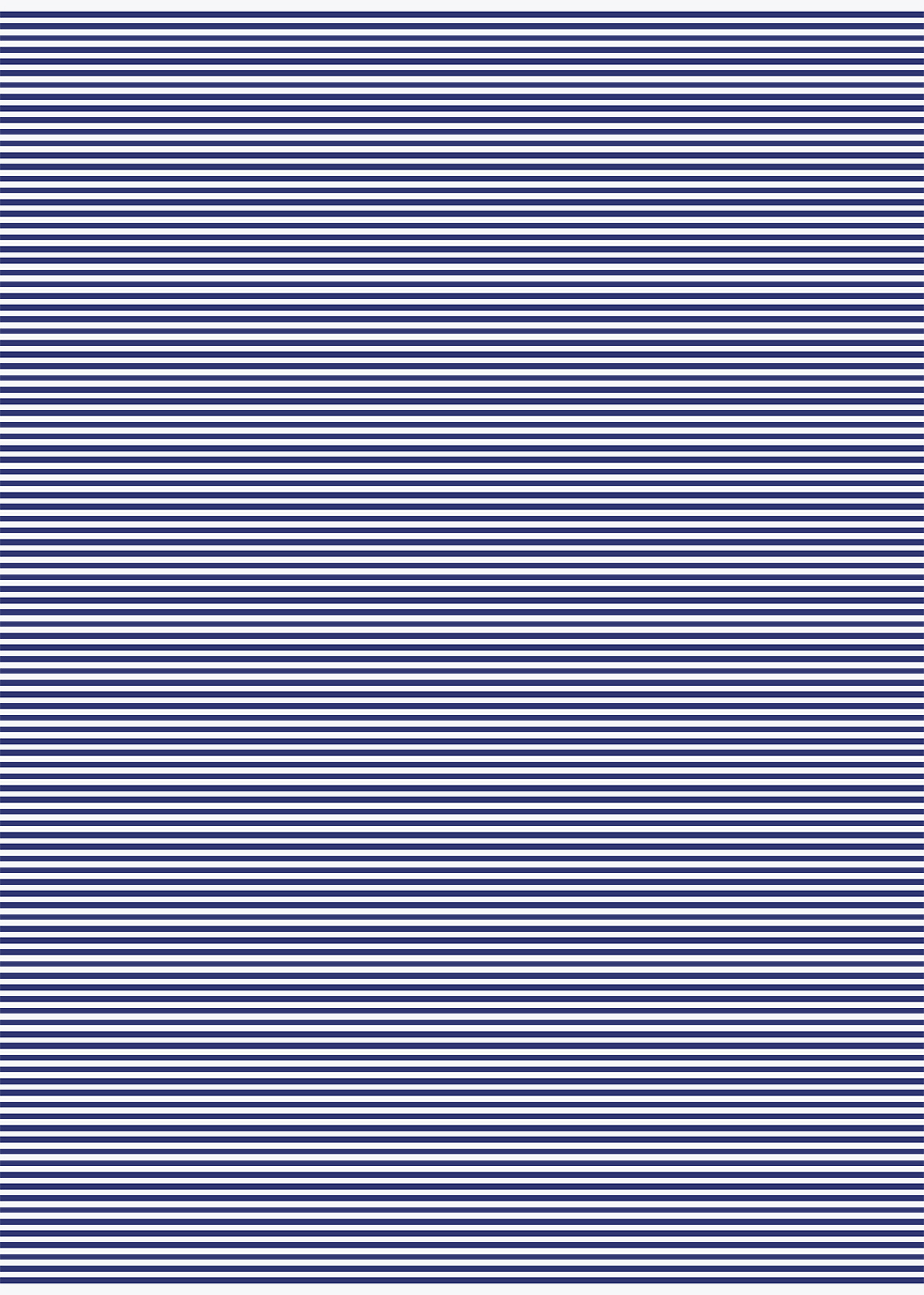
No Stars, But Stripes (Day #12), 2018 – Friday 20-04-2018
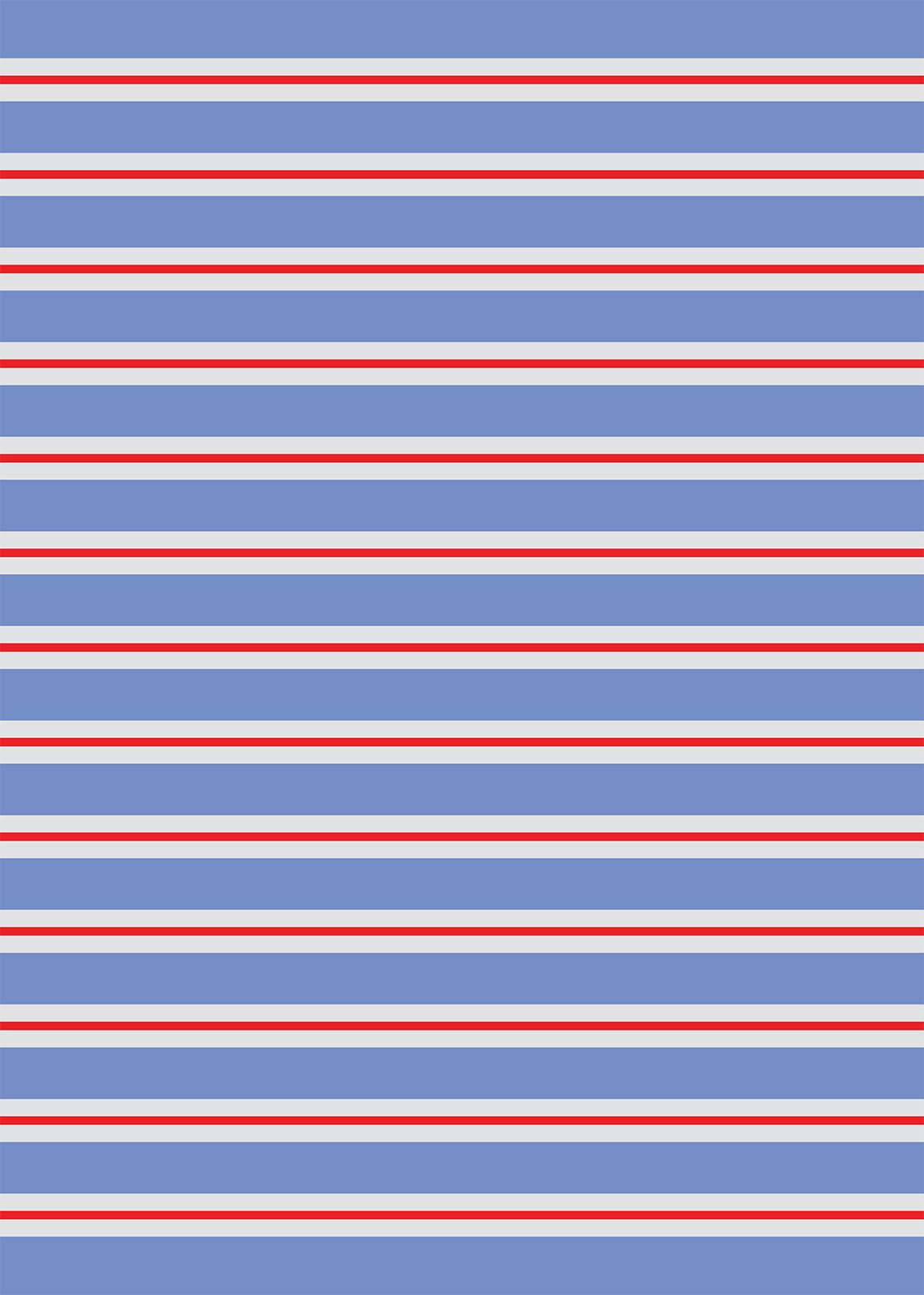
No Stars, But Stripes (Day #13), 2018 – Saturday 21-04-2018
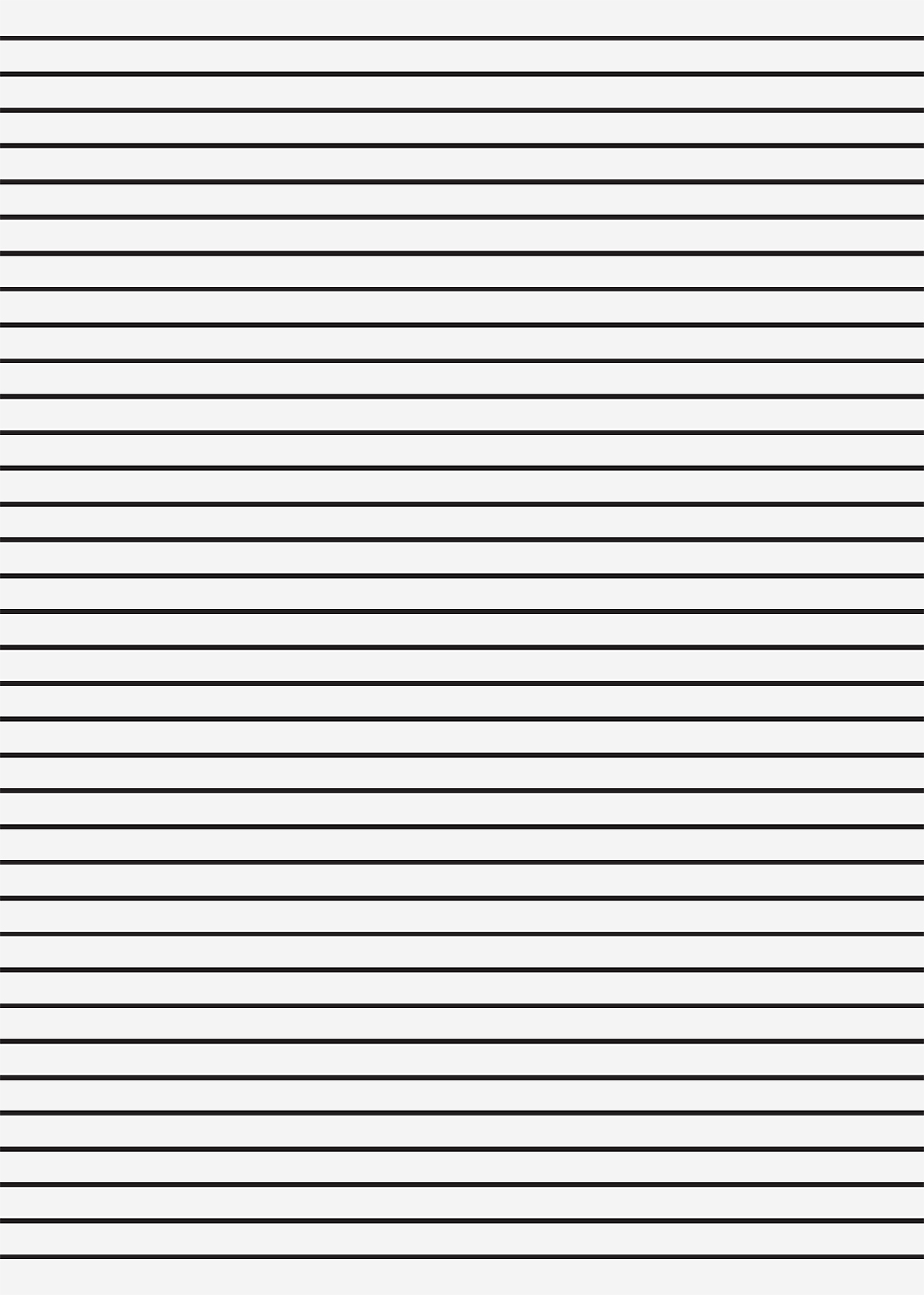
No Stars, But Stripes (Day #14), 2018 – Sunday 22-04-2018
Jacob Dahlgren (b. 1970) lives and works in Stockholm Sweden. He studied between 1994-99 at The Royal Institute of Fine Art Stockholm, receiving his M.F.A. in 1999, and made use of the Nordic Pavillon at the 52nd Venice Biennale di Venezia.
Jacob Dahlgren’s work is concerned with a dialogue between the authoritative singularity of pure formal abstraction and its position within a variable, complex and social shared culture. Dahlgren’s repetitious collections of ubiquitous and ordinary objects, often domestic, industrially manufactured; stand in their gestalt form as proxy for High Modernist Abstract Painting and for all of the ideological territory that Twentieth Century Art Theory has staked out for it. The contributing objects, however, signify a collective and human aspect of society, each representing an individual choice, to be used or consumed in a unique way by its consumer. Together these objects stand for the group or community, and as such they become democratic rather than authored.
Among other exhibitions Museum Ritter, Sammlung Marli Hoppe-Ritter, Waldenbuch (2017) MAGASIN – Centre National d’Art Contemporain, Grenoble (2016) KIASMA, Museum of Contemporary Art in Helsinki (2013, 2011, 2010), Henry Art Gallery, Seattle (2010, 2013), Collective Gallery Edinburgh (2013), Galleri Andrehn-Schiptjenko Stockholm (2013, 2009), Galerie Anhava, Helsinki (2015, 2013, 2009, 2002), Gallery 400 at University of Illinois at Chicago (2012), Workplace Gallery Gateshead UK (2012, 2011), Fundació Joan Miró, Barcelona (2010), Schirn,Kunsthalle, Frankfurt (2011), Daimler Art Collection, Berlin (2010) Forum d’Art Contemporain Luxemburg (2010) Bielefelder Kunstverein (2009), Momentum, Galleri F 15 Moss (2009) Turner Contemporary Margate UK (2009) 52nd Venice Biennale di Venezia (2007), P.S.1 Contemporary Art Center/MoMA, New York (2006) Kunsthalle Budapest (2006), October salon, Belgrade (2006) Moderna Museet, Stockholm (2006), Malmö Konsthall (2005), Tramway, Glasgow (2002)
Read our story with Jacob Dahlgren in his studio.
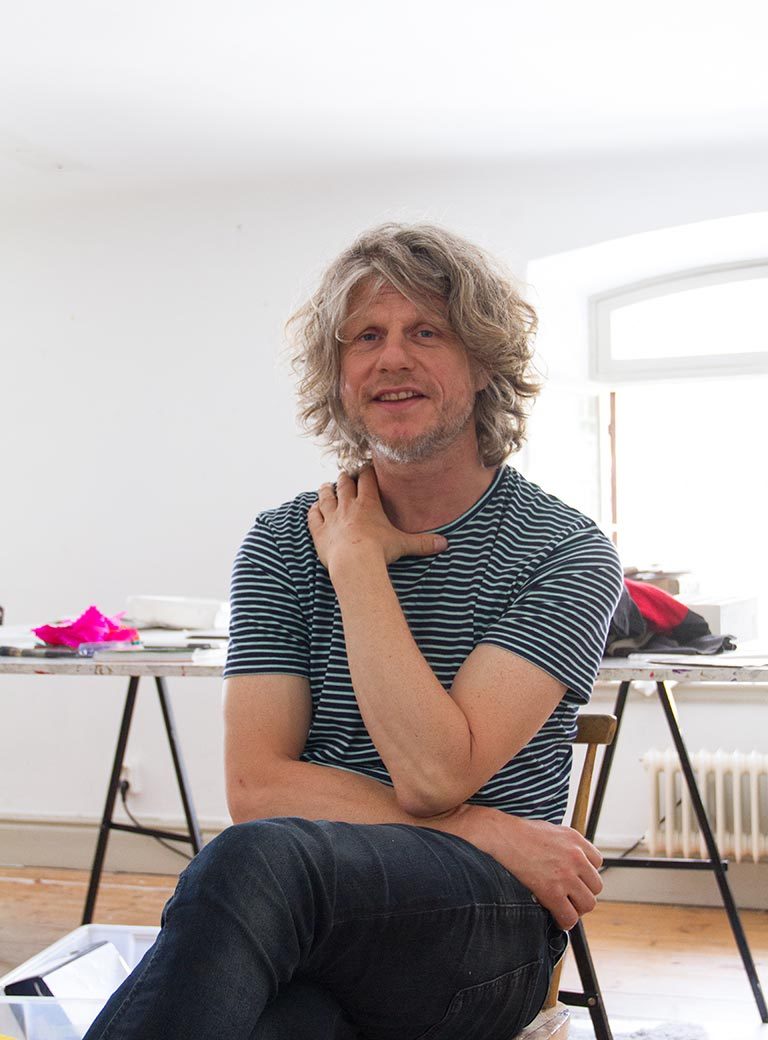
Links: